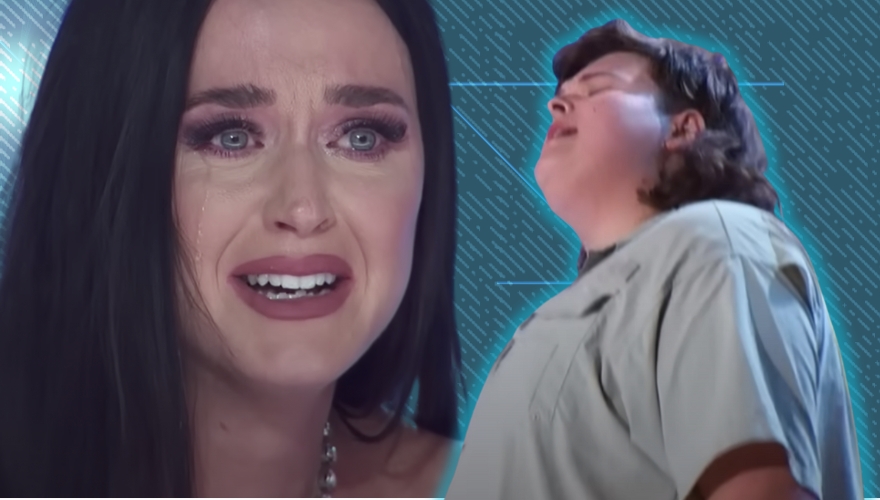Iconic children's author R.L. Stine has accused his publisher of editing his classic "Goosebumps" books behind his back.
Stine says that over a dozen of his books have been censored of character descriptions that touch on their weight, mental health, or ethnicity.
Goosebumps is the second highest-selling book series after Harry Potter, with over 300 million copies sold.
Scholastic, the publisher, has now re-released sanitized e-book versions that exclude mentions of people being "crazy" or "plump" — among other things.
The Times reports, "the children’s horror novels now include more than 100 edits such as a character being described as 'cheerful' rather than “plump,” references to villains making victims 'slaves' have been removed and 'crazy' has been changed to 'silly.'"
"In one story about aliens abducting large people and eating them, a character described as having 'at least six chins' is now 'at least six feet six,'" the report continues. "In one of the novels a character wearing a Halloween costume and dressed as 'a dark and stormy night' no longer wears black face paint."
After news of the changes broke, Stine responded to an upset fan on Twitter, saying he was not part of the editing process.
"Man, and I looked up to @RL_Stine as an awesome writer that brought much joy to my childhood and teen years. The fact he supports censorship and the alteration of works of art is quite disturbing. How shameful," the user had tweeted, quoting an article about the edits. Lindsey, the stories aren’t true. I’ve never changed a word in Goosebumps. Any changes were never shown to me.
— R.L. Stine (@RL_Stine) March 6, 2023
Stine responded, "Lindsey, the stories aren’t true. I’ve never changed a word in Goosebumps. Any changes were never shown to me."
Scholastic claimed that the edits were done to "keep the language current" and "focus on mental health."
“Scholastic takes its responsibility seriously to continue bringing this classic adolescent brand to each new generation,” a spokesperson for the publisher told the New York Post. “Scholastic reviewed the text to keep the language current and avoid imagery that could negatively impact a young person’s view of themselves today, with a particular focus on mental health.”

